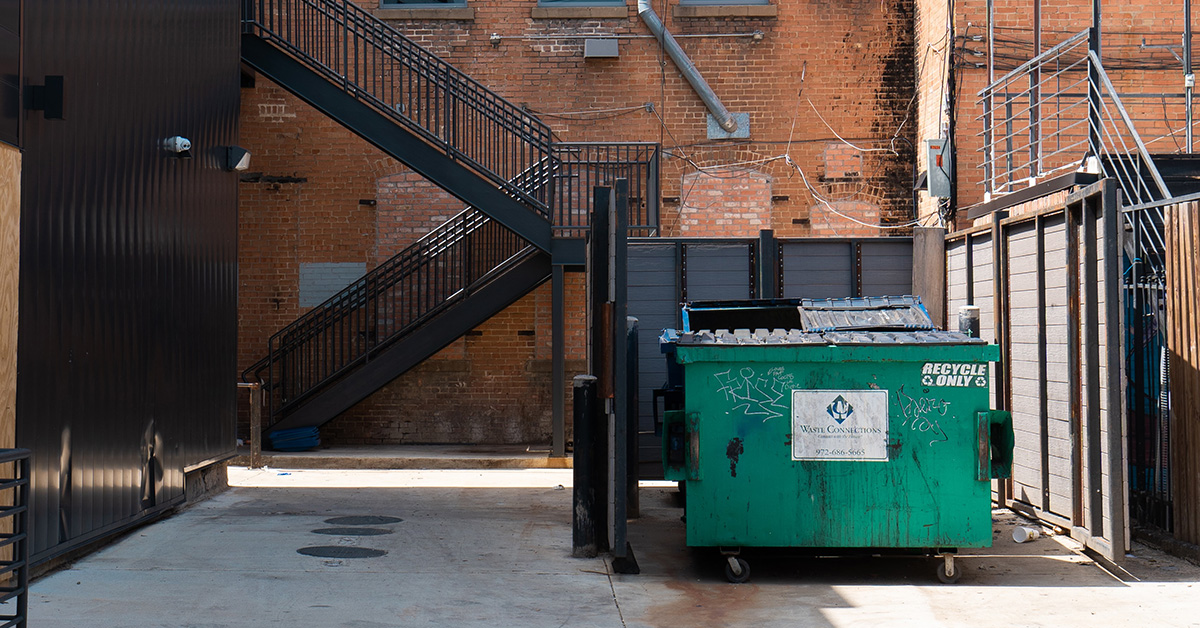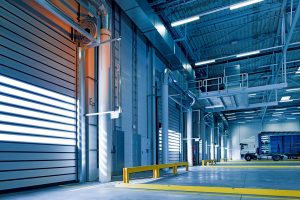
There are a number of determining factors involved when considering upgrading to an industrial trash compactor/commercial waste disposal system. A thorough analysis of your company’s present commercial waste disposal costs will provide the necessary criteria as to the correct time to consider purchasing industrial compaction equipment. Below are a series of questions that provide a starting framework when considering how trash compactor waste removal could benefit your facility:
- Does your company have planned growth that will create more trash?
- What is being spent on commercial waste disposal?
- How high are the monthly person hours spent on collecting waste and removing it from the facility?
- Are cardboard boxes being broken down to save space?
- Are forklifts used for collection and removal of trash? What is their cost? Do they present safety issues?
- Is any of the trash material recyclable? How much?
- Is the company in compliance regarding hazardous material disposal?
- How much of the waste is wet material that may cause odors?
Labor Costs as a Factor
Labor costs involved in the removal and disposal of trash from a company’s facility will often, if not always, consist of the expense of manually collecting the waste and carting it to a container where the trash hauler can access it for disposal.
If the facility is large enough, the collection and removal can also be accomplished by forklift. This, of course, requires the added expense of a forklift operator. The expense of a forklift operator may be greater than that of the person collecting trash manually but likely will require less time to do so. Additional labor may be incurred by breaking down boxes or other objects for carting to the trash and carrying out commercial waste disposal.
RAM vs. Rotary Arm Industrial Trash Compactors
When you buy a trash compactor, another important factor is what kind of compaction machine you are going to purchase for your specific needs, while keeping your return on investment in mind.
on investment in mind.
- RAM compactors can usually compact various waste materials at a ratio of 2 to 3 times.
- A rotary arm compactor, such as the KenBay RotoPac Industrial Waste Compactor can compact items anywhere from 6 to 8 times, removing the excess air which ultimately will decrease your hauling costs considerably and augment your trash compactor cost savings.
Location Matters for Trash Compactor Waste Removal
The layout of the facility should also be considered in the selection of the type of compaction machines to purchase/lease/rent. The two general types of compaction machines available are stationary trash compactors and industrial trash compactors with much smaller footprints, such as the KenBay RotoPac (its footprint is slightly larger than a pallet), that can be placed inside the facility closest to the source of the greatest amount of trash.
If the greatest amount of industrial waste is coming from a machine, such as trim from label making, a RotoPac can be placed directly at the machine, significantly reducing labor. If the facility is large with numerous trash pickup locations, the location of the RotoPac is critical to minimizing labor collection costs and boosting trash compactor cost savings. A consideration for the location of a stationary compacting machine is to place it as close to the facility as possible without giving up a dock to minimize carting the trash to it.
Need to Learn More? Contact KenBay
 Trash compactor cost savings will result when upgrading to a commercial waste disposal system and installing the correct compactor. By managing the commercial waste disposal process, reviewing trash hauling costs as changes occur, and competitively sourcing different industrial trash compactor technologies, savings become apparent when you buy a trash compactor.
Trash compactor cost savings will result when upgrading to a commercial waste disposal system and installing the correct compactor. By managing the commercial waste disposal process, reviewing trash hauling costs as changes occur, and competitively sourcing different industrial trash compactor technologies, savings become apparent when you buy a trash compactor.
If you need to learn more about trash compactor waste removal and which compaction machines are right for you and your facility, call the experts at KenBay. We can help with questions on cost savings, installation, selection, and other areas. Give us a call at 973-543-3200 or contact us online.


